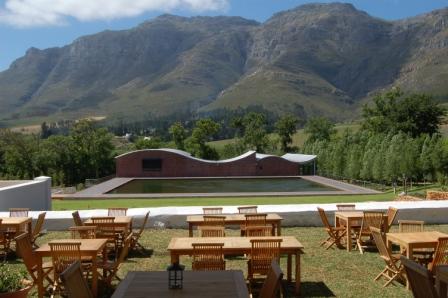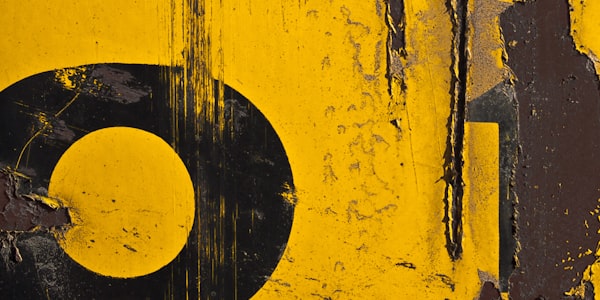The news that Christoph Dornier has passed away in Switzerland made me more convinced than ever of synchronicity – Carl Jung’s very Swiss idea of meaningful coincidence. On Tuesday I bumped into Ian Naude, Dornier’s first winemaker when Christoph invested R100 million in wine farms back in 2001. The venue was Jean Engelbrecht’s proud Guardian Peak restaurant on the Helderberg and Ian poured me a glass of his brilliant Naudé 2008 white blend of Chenin Blanc, Sémillion and Sauvignon Blanc to go with my grilled Red Stumpnose. A toast to a pioneer who invested in a beautiful property further up the mountain and a story I wrote on Swiss investments in the Winelands in the Financial Mail back in 2001.

Eskimos are reputed to have dozens of words for snow (kaniktshaq = snow; qanik = falling snow; anijo = snow on the ground), and Afrikaans must have nearly as many names for a valley. The difference between a poort, a hoek and a kloof, though, is surely only in the eye of the beholder, as a cursory examination of the trio of valleys surrounding Stellenbosch- Paradyskloof, Jonkershoek and Devon Valley – will confirm.
Besides an obvious similarity of geomorphology, the three valleys also come complete with Swiss gnomes of the winemaking variety. In the Jonkershoek, Kurt Ammann makes a single organic red wine called Rozendal. It is one of the finest Cape blends.
Over in the Paradyskloof, Christoph Dornier of Locarno recently bought a trio of wine farms, as well as the services of former Linton Park winemaker Ian Naudé.
In Devon Valley, Jean Vogel, who makes wine at Grandvaux on the shores of Lake Geneva, owns the Devon Hill Estate. It is situated high up in the Bottelary Hills.
Come to think of it, valleys are a natural habitat for the Swiss – they have no shortage of them back home. Cape weather is another attraction. And a typical Swiss plan is to spend summer am Kap and thereby escape the worst of the European winter. And making wine gives them something to do.
But not all Swiss winemaking ventures are successful. The Devon Hill Estate had a rocky beginning indeed. Purchased a decade ago by a trio of Swiss partners, the 40 ha farm features a 450 t winery built in 1996. The first vintage was 1997 and that was it for a couple of years.
The 1998 harvest was a write-off (the wine went sour) and a portion of the 1999 harvest was a bust, too. This caused friction in the partnership, not least because the son of one of the partners was the person making the wine.
The unlucky winemaker was replaced by Swiss-owned négociant Savisa, though this arrangement didn’t work either. With Savisa firmly down at the big-volume, cheap-and-cheerful end of the wine market, the Devon Hill crew thought they deserved better. And after tasting the farm’s 2001 vintage wine, made by ex-KWV chief cellarmaster Kosie Möller, they’re probably right.
There’s a 2001 sauvignon blanc, with a 15% alcohol, made from super-ripe grapes and loaded with tropical fruit flavours. It tastes more like a New Zealand blockbuster than a white wine from the Cape. An unlikely pièce de resistance is a 2001 pinotage, bursting with ripe fruit flavours and a remarkable complexity rarely found in an unwooded red. It may yet persuade Möller to revise his opinion that “pinotage will not become one of the greats of the world”.
With faultless timing, Möller’s new wines were released on the day KWV announced a 20% staff retrenchment. There’s more to come if Möller’s new venture is successful because he wears a second hat as operations director of négociant company West Coast Vineyards, which competes directly with KWV in the lucrative wine export market.
West Coast claims to be involved with 13% of current Cape exports, either as producer or marketer, and aims to grow this to 20% within three years. With sales so far this year up 300%, this target looks a modest one.



